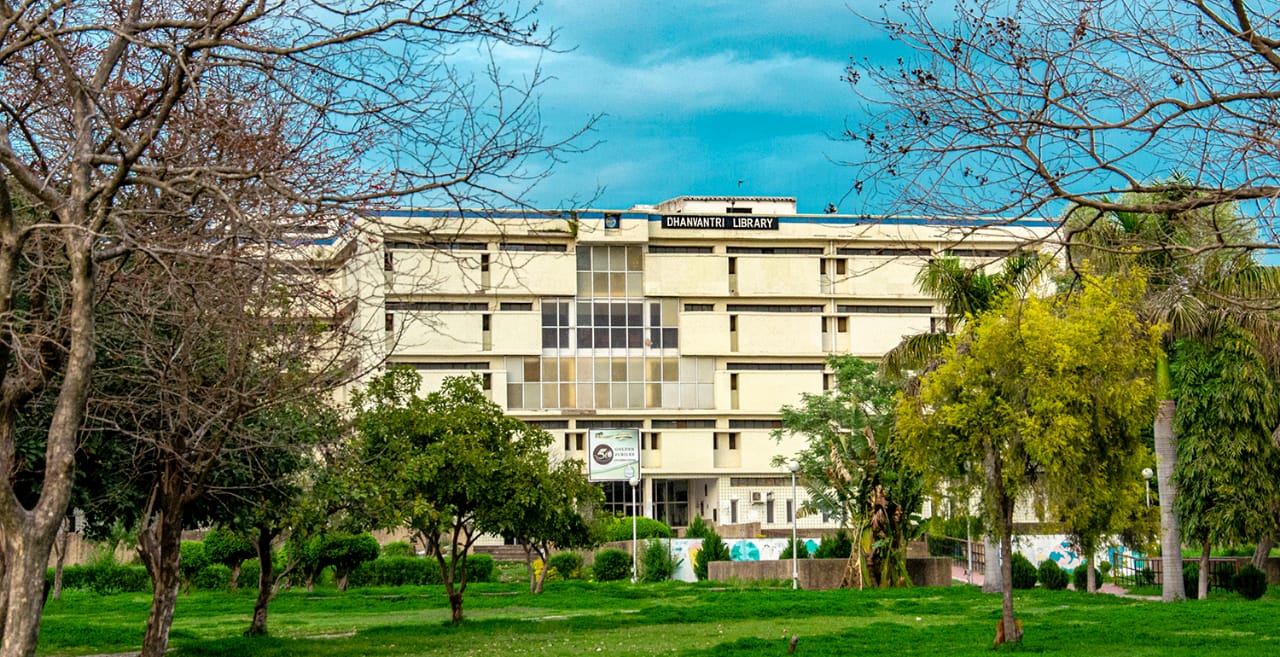Jammu University shines as a premier institution in North India, boasting NAAC “A++” accreditation AND UGC recognition.
Its expansive network features affiliated colleges offering courses in arts OR science OR technology, setting high academic standards.
Knowing the precise college count empowers students, faculty, AND policymakers to make informed academic decisions and strategic plans.
Read on to explore the unique dynamics of Jammu University’s college network and discover how this insight can drive academic excellence.
How Many Colleges Are Affiliated with Jammu University?
As per the latest official records, Jammu University affiliates approximately 167 colleges. These include government-funded institutions, private colleges, and specialized professional academies, offering diverse undergraduate and postgraduate programs.
Here’s the complete breakup:
| Number of Government Colleges | 82 |
| Number of Non Government Colleges | 82 |
| Autonomous Colleges | 3 |
| Total Number of Colleges (82 + 82 + 3) = | 167 |
You can also download the complete list of government, non-government, and autonomous colleges affiliated to the University of Jammu by clicking this download button.
This count encompasses colleges across various disciplines, such as arts, science, commerce, law, and technical education.
Whether students seek traditional degree programs or specialized professional courses, the university’s extensive network ensures ample opportunities for higher education.
Categorization of Affiliated Colleges
Jammu University’s affiliated colleges fall into distinct categories, each serving a specific academic purpose. These institutions vary in governance, funding, and specialization, catering to a diverse student base.
Government Colleges
If a college is publicly funded, then it operates under strict regulatory norms set by the government. These institutions offer subsidized education, ensuring accessibility to quality higher learning.
Private Colleges
If an institution is privately managed but officially affiliated, then it functions with independent administration while adhering to university guidelines. These colleges provide varied programs, often with modern infrastructure and industry-driven courses.
Professional Institutes
If a college offers specialized programs in fields like engineering, medical, or law, then it is classified as a professional institute. These institutions focus on industry-relevant training and professional skill development.
Autonomous/Constituent Colleges
If an institution has self-governing authority while remaining under Jammu University’s academic oversight, then it is an autonomous or constituent college. These colleges have the flexibility to design curricula while maintaining university accreditation.
Criteria and Process for College Affiliation
Affiliation with Jammu University follows a structured approval process, ensuring institutions meet national academic and regulatory benchmarks. The process is designed to uphold quality education and institutional integrity.
- Accreditation Requirements
Mandatory approvals from the University Grants Commission (UGC) and the All India Council for Technical Education (AICTE) are essential. These accreditations validate the institution’s credibility and compliance with higher education standards.
- Infrastructure and Faculty Standards
Colleges must demonstrate adequate infrastructure, faculty qualifications, and research facilities. Compliance with state and national guidelines ensures an environment conducive to quality education.
- Curriculum Alignment
All affiliated institutions must follow Jammu University’s academic framework and integrate National Education Policy (NEP 2020) directives. Course structures must align with prescribed syllabi to maintain consistency in education standards.
- Approval and Review Process
The university evaluates applications through site inspections, documentation reviews, and academic audits. Institutions securing approval must sustain compliance to retain their affiliation status.
Geographic Breakdown: District-Wise College Distribution
Understanding the distribution of affiliated colleges across various districts under Jammu University provides valuable insights into the region’s educational landscape. Below is a district-wise breakdown highlighting select notable institutions:
Jammu District
- Government M.A.M. College, Jammu: Established in 1955, this institution offers undergraduate programs in Arts, Science, and Commerce.
- Trikuta Degree College, Nardani, Jammu: Founded in 2008, it provides courses in Arts and Science streams.
- Institute of Management Sciences (IMS), Gurha Brahmana, Jammu: Established in 2007, IMS offers management and computer applications programs.
Kathua District
- Government Degree College, Kathua: Since its inception in 1961, this college has been offering courses in Arts, Science, and Commerce.
- Swami Vishwatamanand Saraswati Degree College, Chann Rorian, Kathua: Established in 2001, it provides undergraduate programs in various disciplines.
- New Age Degree College, Phinter, Billawar: Founded in 2003, this institution offers courses in Arts and Science.
Poonch District
- Shri Krishan Chander Government Degree College, Poonch: Established in 1955, the college offers programs in Arts, Science, and Commerce, along with a Bachelor of Computer Applications (BCA) introduced in 2004.
- Government Degree College, Surankote: This institution provides undergraduate courses in Arts and Science streams.
- Government Degree College, Mendhar: Offers programs in Arts and Science, catering to the higher education needs of the region.
This district-wise distribution showcases the diverse educational opportunities available across Jammu University’s affiliated colleges, reflecting the university’s commitment to accessible and quality higher education throughout the region.
Apart from it, Jammu University’s affiliated colleges provide a diverse range of academic programs, catering to students across multiple disciplines. These programs are structured to offer both foundational education and specialized expertise.
Students aiming for specialized careers can choose from engineering, medicine, OR law programs. Certain colleges provide integrated AND dual-degree options, combining technical and managerial education for interdisciplinary proficiency.
This broad academic framework ensures that students can tailor their education to match their career goals, whether in general studies, advanced research, or professional expertise.
Anything Left?
In summary, understanding the number and types of colleges under Jammu University is essential for students, faculty, and policymakers alike. Whether it’s government institutions, private colleges, or professional institutes, knowing this information empowers individuals to make informed educational decisions.
FAQs
Does Jammu University add new colleges annually?
New colleges are added periodically, based on accreditation cycles and government policies. Updates are reflected when new affiliations are approved.
How do I verify a college’s affiliation status?
Check the official Jammu University website or the UGC/AICTE databases for the latest affiliation details.
Are transfers between affiliated colleges possible?
Yes, transfers are allowed with university approval, depending on seat availability and credit compatibility.
